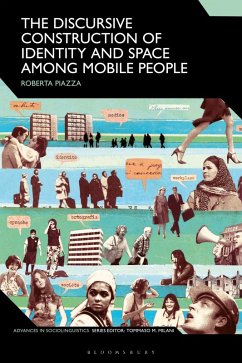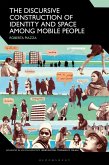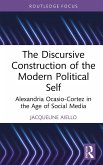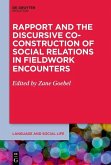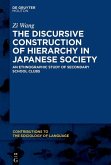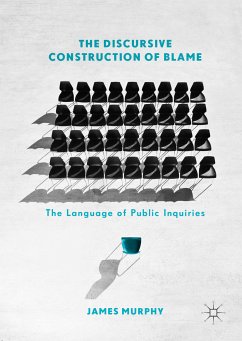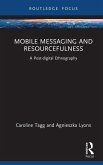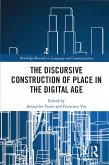This book offers a close look at the discourse of and around three socially marginalised and vulnerable groups - Irish Travellers, Squatters and Homeless people - in order to understand more about how individuals within them position themselves vis-à-vis mainstream society. It investigates the groups' diverse and provisional relationship with space that challenges mainstream society's spatial logic.
Given that the relationship between mobility, space and identity has been explored in migrant contexts, Roberta Piazza proposes a reconsideration of this relationship beyond people's movement from one place to another. Investigating the space-identity nexus among the three groups, she highlights how mobility is not solely a cross-country phenomenon, but a no-less crucial and dramatic reality within an individual nation.
Based on close linguistic analysis of interviews collected over many years, Piazza investigates how the participants construct their social and personal identities when talking about themselves and the sites they inhabit, drawing on the concepts of 'heterotopia' and non-sexual desire.
Given that the relationship between mobility, space and identity has been explored in migrant contexts, Roberta Piazza proposes a reconsideration of this relationship beyond people's movement from one place to another. Investigating the space-identity nexus among the three groups, she highlights how mobility is not solely a cross-country phenomenon, but a no-less crucial and dramatic reality within an individual nation.
Based on close linguistic analysis of interviews collected over many years, Piazza investigates how the participants construct their social and personal identities when talking about themselves and the sites they inhabit, drawing on the concepts of 'heterotopia' and non-sexual desire.

